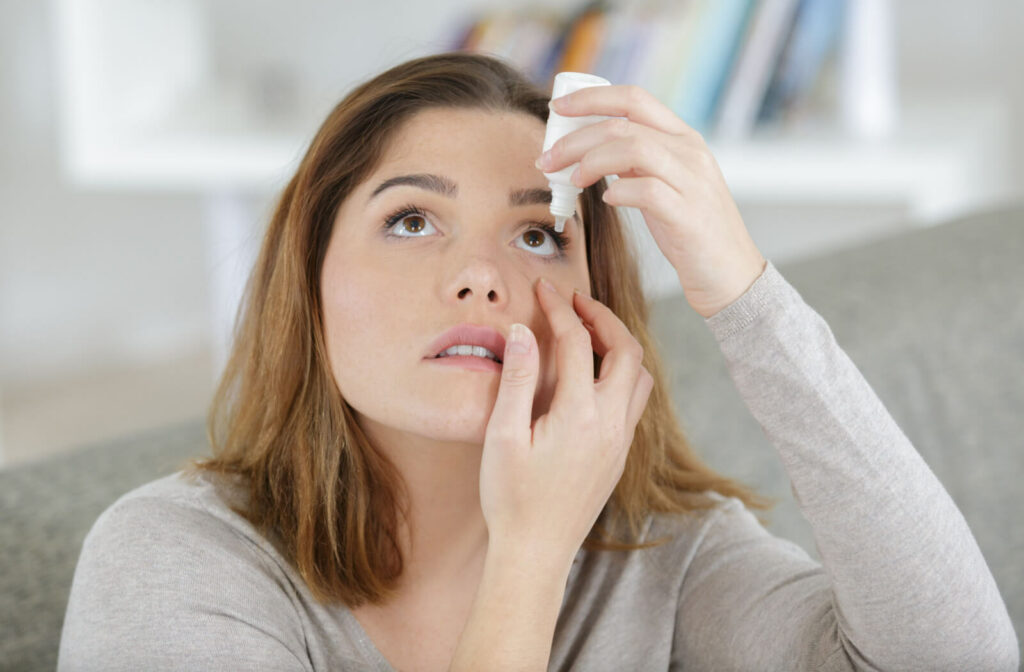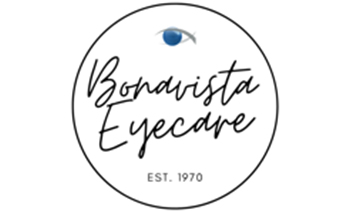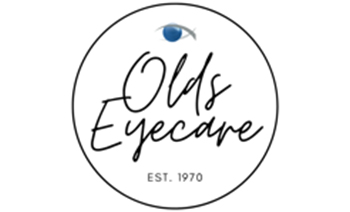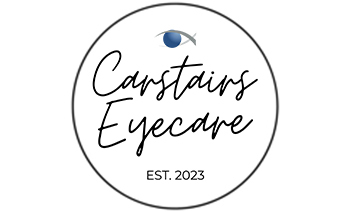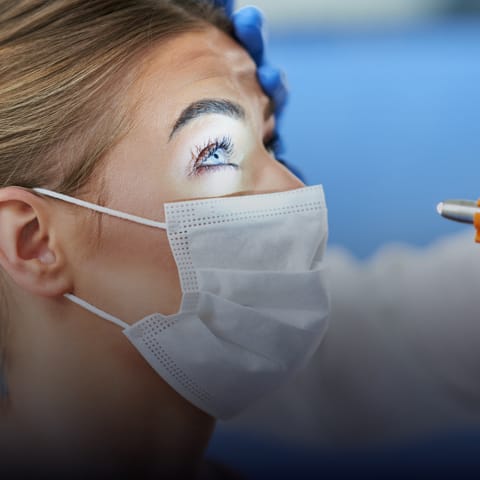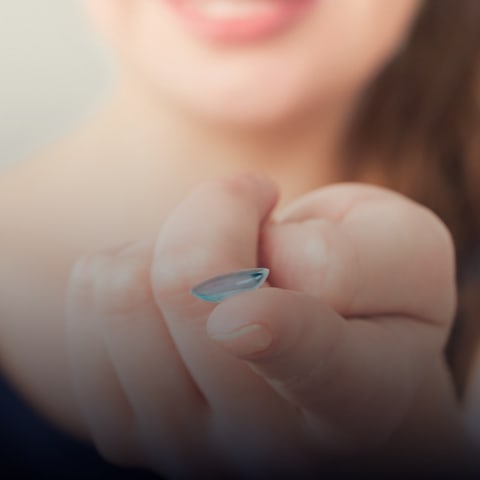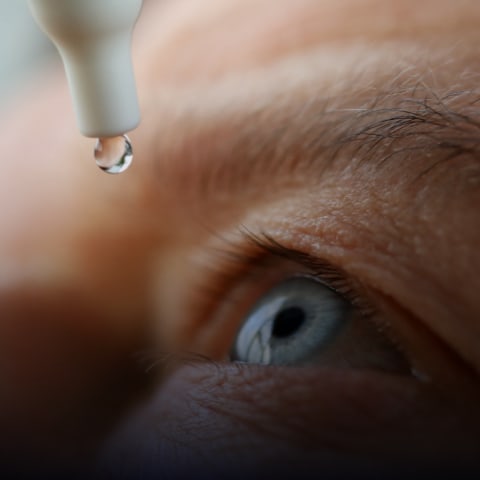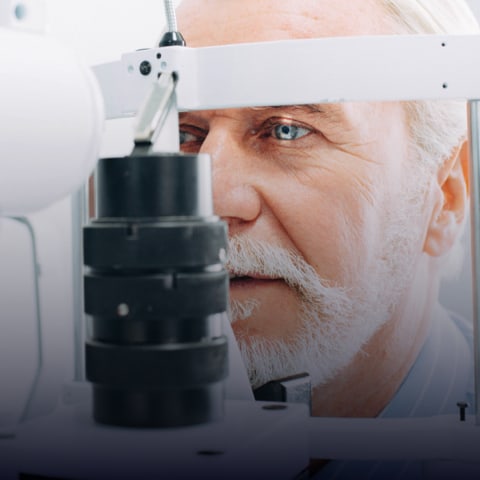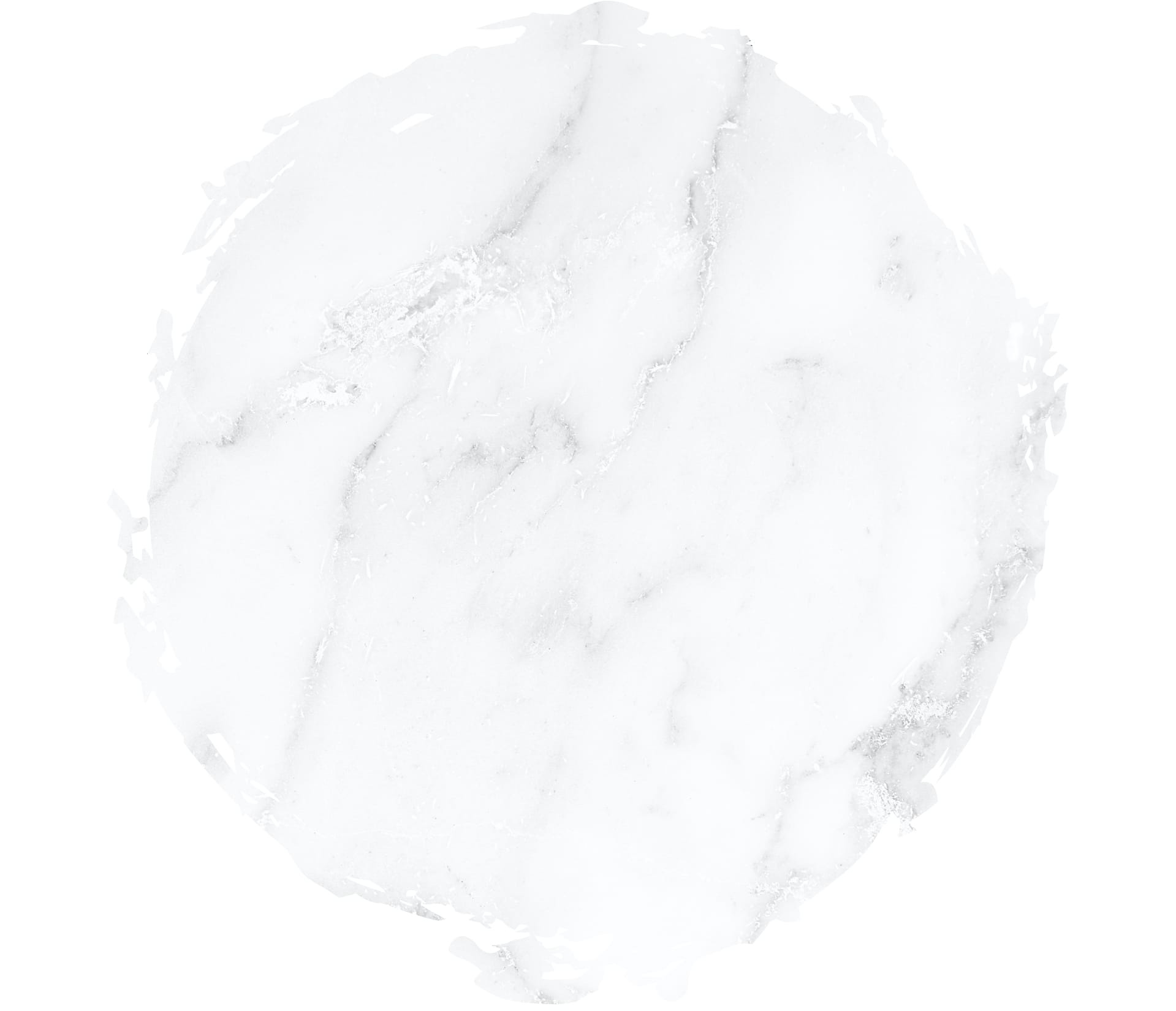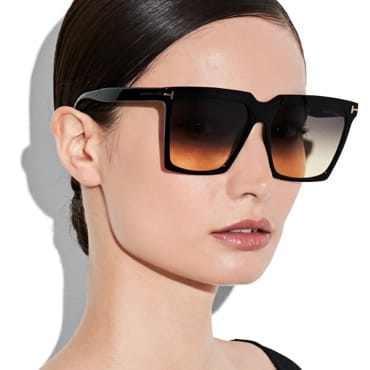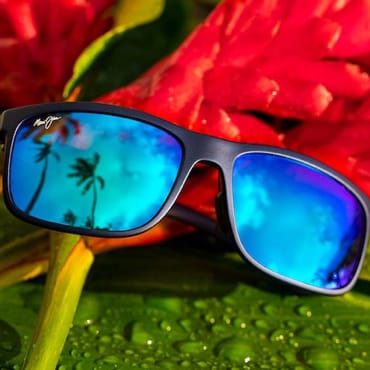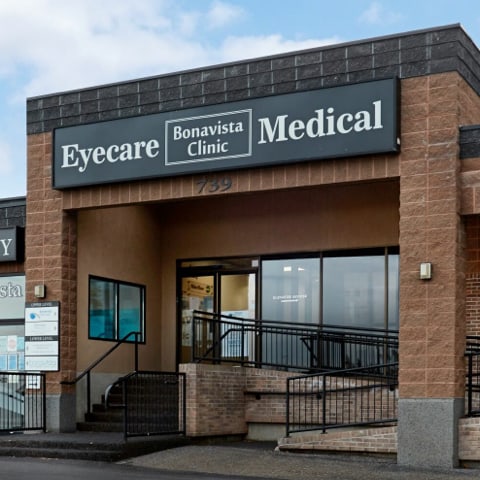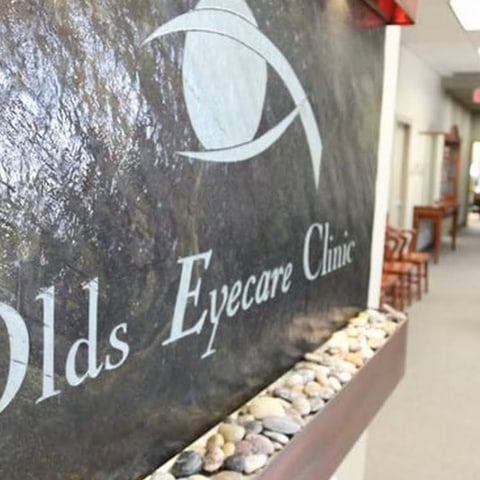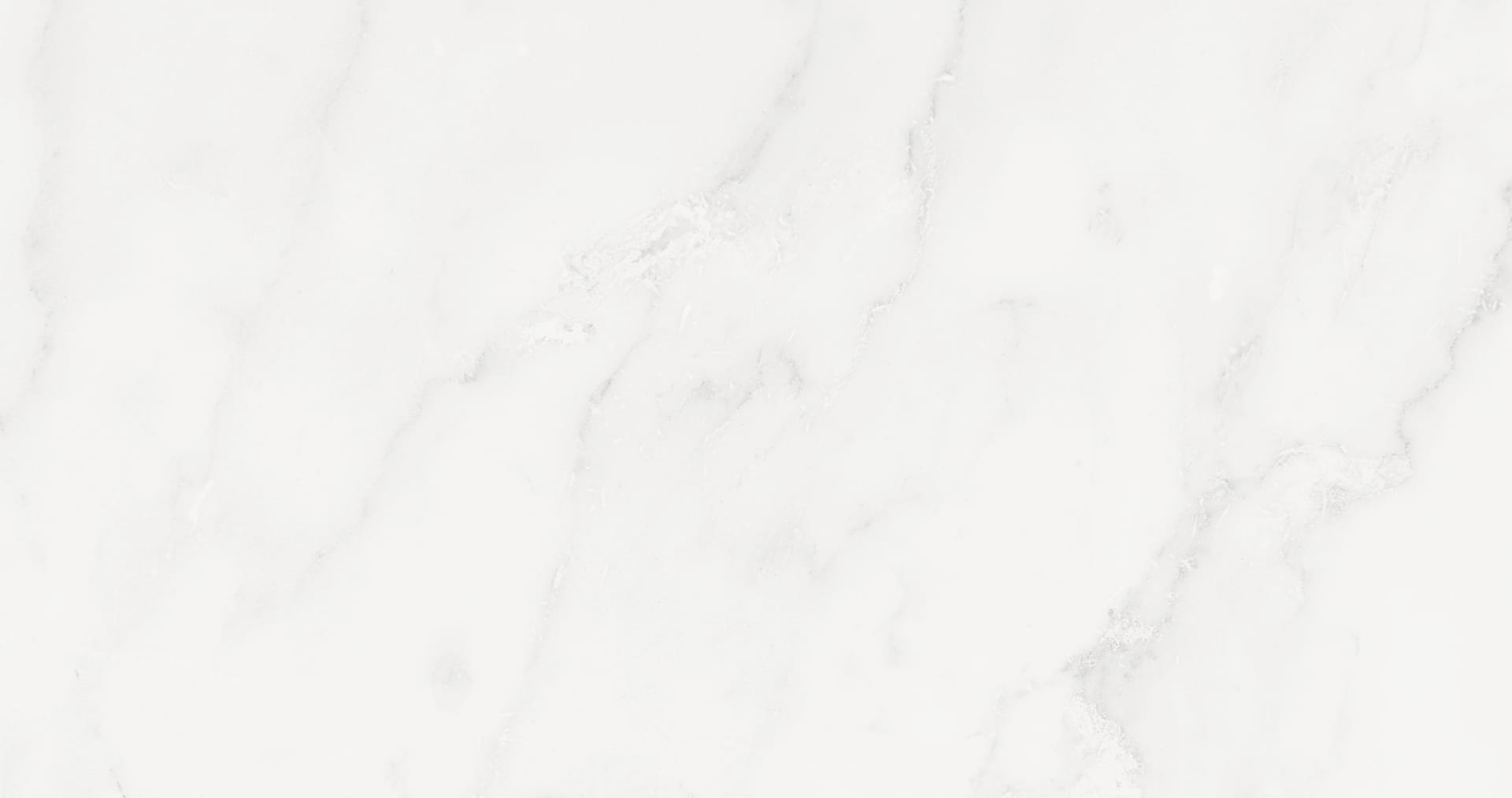When it comes to eye drops, most of us know them as lifesavers for dry or scratchy eyes. These over-the-counter products are an essential part of many people’s daily routine. But have you ever looked at the expiration date of your eye drops?
Whether you use eye drops regularly or not, you may be surprised to find out that they do expire.
Just like natural tears, artificial tears are more than just water.
Eye Drop Uses
Eye drops are among the most common solutions used for eye irritation. But they go beyond hydration and can even be used to apply medicine to damaged eyes and treat eye diseases. They come in a small, handy tube that fits easily in your pocket or purse to offer quick relief when needed.
Common uses for eye drops include:
- Dry eye relief
- Treating allergies
- Glaucoma management
- Eye infections
- Contact lenses
If you wear contact lenses, you need to ensure your eye drops are compatible with your lenses. Some eye drops have preservatives or other ingredients that could damage contacts.
Can You Use Expired Eye Drops?
Sometimes you find an old bottle of eyedrops at the bottom of your bag or the back of your medicine cabinet. It’s tempting to use everything you have, but if you’re ever unsure about the age of your eye drops, it’s always better to throw them out.
Using expired eye drops could lead to:
- Eye infections: The manufacturer seals eye drops to keep the medicine in and the contaminants out. Once you break the seal, you increase the risk of harmful bacteria or fungi accumulating in the bottle. Some eye drops have preservatives, which may last longer, but using contaminated drops can cause an eye infection.
- Decreased effectiveness: In the best-case scenario, expired eye drops are ineffective. Their active ingredients may degrade over time, so they won’t treat your condition or offer relief. This ineffectiveness can be more than just frustrating. Without treatment, your condition could worsen.
Where Can I Find the Expiration Date?
Like many other products, eye drops also have an expiration date printed on the bottle and package. This is true regardless of whether your eye drops are over-the-counter or prescription.
The expiration date indicates the period the product will remain stable and maintain its full potency. For example, preservative-free eyedrops are typically only good for 24 hours after you break the seal. Other types could last up to 3 months.
If you’re not sure whether your drops are still safe to use, here are a few signs that might indicate they’ve expired:
- The liquid looks cloudy or discoloured
- The drops seem less potent or don’t relieve your symptoms anymore
- You experience itching, redness, or swelling in your eyes after using them
Remember that different types of eye drops may have different shelf lives and storage conditions. For example, lubricating drops with preservatives may last longer than medicated drops that contain prescriptions or antibiotics. Check the label or talk with your optometrist if you’re in doubt.
How to Store Eye Drops Properly
You can’t simply toss your eye drops into the corner or leave them lying around wherever. Eye drops are vital medications that must be stored correctly to maintain efficacy and avoid contamination.
Help preserve your eye drops by following these tips:
- Read the label: Before storing your eye drops, always read the label on how to store them properly. Some eye drops require refrigeration, while you should keep others at room temperature.
- Keep them in a cool, dry space: Heat and humidity can affect the potency of your eye drops, making them less effective. Always keep your eye drops in a cool and dry place. This means avoiding storing them near windows or close to heaters and vents.
- Keep them out of reach of children: Keep your eye drops out of reach of children, and store them in a secure place. Accidents can happen, and accidental ingestion of eye drops can cause serious harm.
- Do not share eye drops: Sharing eye drops can result in infections or cross-contamination among users. Each person should have their own eye drops to accurately and safely deliver their medication.
- Pay attention to the expiration date: Always check and be mindful of the expiration date of your eye drops. As we’ve discussed, expired eye drops can potentially have harmful effects, and their effectiveness may have significantly reduced. Discard any expired eye drops and replace them with new ones according to their directions.
Going Beyond Eye Drops
Eye drops are essential for maintaining your health if properly used and stored. But if you’re looking for relief from dry eye symptoms, you have many more high-tech options.
Bonavista Eye Care offers a range of dry eye treatment options. Whether you’re interested in intense pulsed light (IPL), eyelid cleaning, or eye drops to manage symptoms, our friendly team is happy to discuss solutions and recommend one for you.
We’re here to support your optimal eye health. If you have any questions about eye drops or are ready to treat dry eyes at the source, contact us for an appointment today!


